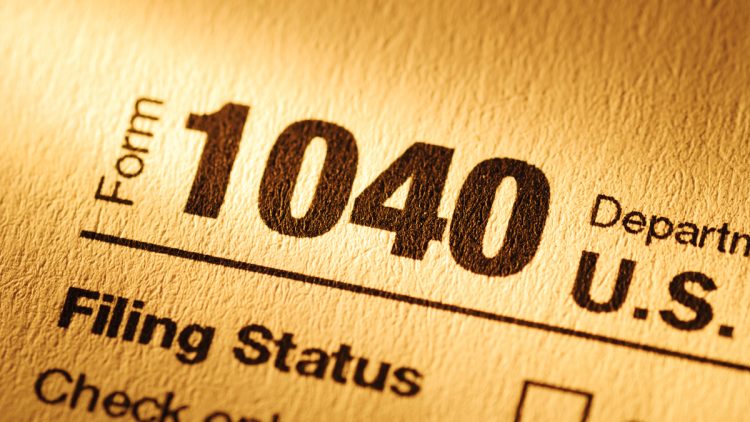Can The IRS Take Roth IRA
The IRS generally cannot directly take or seize your Roth IRA, but there are situations where your Roth IRA could be affected if you owe taxes to the IRS. Here’s how it works:
1. IRS Tax Levy:
- Levies on Financial Assets: The IRS has the power to levy (seize) financial assets, including bank accounts, brokerage accounts, and retirement accounts, to satisfy unpaid tax debts. This includes Roth IRAs.
- Process: Before levying your assets, the IRS will typically send several notices demanding payment and providing you with opportunities to resolve the debt. If you do not take action, the IRS may issue a levy and seize funds from your Roth IRA.
- Exemptions: Certain assets may be exempt from IRS levies, but retirement accounts like Roth IRAs are not automatically exempt.
2. Impact of Early Withdrawal:
- Taxes and Penalties: If the IRS levies your Roth IRA, the amount withdrawn to satisfy the tax debt may be subject to income taxes and, if you are under age 59½, a 10% early withdrawal penalty on the earnings portion of the withdrawal.
- Order of Withdrawal: Roth IRA withdrawals are generally considered to come first from contributions (which can be withdrawn tax- and penalty-free), then from earnings. The IRS would apply the levy to your account, which could trigger taxes and penalties depending on the amount and source of the funds withdrawn.
3. Avoiding IRS Levies:
- Payment Plans: If you owe taxes and are concerned about a levy, you can contact the IRS to arrange a payment plan or offer in compromise, which may allow you to pay your tax debt over time or settle for less than the full amount owed.
- Communication: Promptly addressing IRS notices and seeking professional advice can help you avoid more severe collection actions, such as a levy on your Roth IRA.
4. Bankruptcy Protection:
- Protection in Bankruptcy: Under certain circumstances, Roth IRAs may be protected from creditors, including the IRS, during bankruptcy proceedings, subject to specific limits and rules under federal bankruptcy law.
5. State Laws:
- State Protections: Some states offer additional protections for retirement accounts against creditors, including the IRS. These protections vary by state and may limit the IRS’s ability to levy your Roth IRA.
In summary, while the IRS can levy your Roth IRA if you owe back taxes, this typically occurs after multiple notices and opportunities to resolve the debt have been provided. To avoid this, it’s important to address any tax issues promptly and seek professional advice if you are unable to pay your tax debt.
4o
If you need IRS Debt Help, Tax Debt Settlements or Tax Debt Advising in Phoenix, Mesa or anywhere else, Tax Debt Advisors can help! Give us a call at 480-926-9300 or fill out our contact form for a free consultation. This family owned tax practice has been serving the public since all the way back in 1977!
More Articles About Taxes
- When Will I Get My 2021 Tax Refund
- What’s New For Tax Filing 2021
- IRS Tax Inflation Adjustments For Tax Year 2021
- 2021 Tax Brackets
- What Are Tax Audits?
- What is an Enrolled Agent?
- Answers To 10 Tax Questions
- How To File Back Taxes

